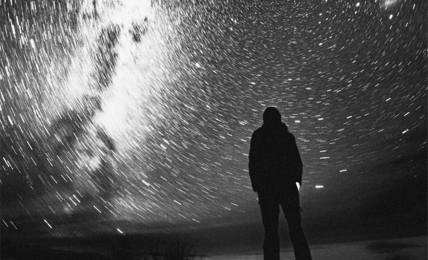
Catch 22
All they kept saying was ‘Catch-22, Catch-22.’
“Didn’t they show it to you?” Yossarian demanded, stamping about in anger and distress. “Didn’t you even make them read it?
“They don’t have to show us Catch-22,” the old woman answered. “The law says they don’t have to.” “What law says they don’t have to?” “Catch-22.”
……..
If you are wondering what under the sun we are blabbering about, here it is.
Published in 1961, in the backdrop of World War II, Catch 22 is a satirical war novel by Joseph Heller. It was often conceived as one of the most impactful novels of twentieth century. It stripped open governmental loopholes that squeezed people to the last drops to meet its ends. Heller’s novel follows the exploits of a bombardier, and in doing so throws a light on the relentless and circular bureaucracy of war and wartime governments. The term is introduced to describe the apparent loophole that prevents a pilot from asking for a mental evaluation to determine if he’s fit to fly. A pilot who wants to be grounded, being unnerved by the inhumane war situation, finds himself in a catch. To ask for approval of his insanity is to establish his sanity. The conundrum continues.
Catch-22 appears several times in the novel, always invoked to explain a contradiction or an inescapable paradox caused by the rule itself. It has filtered into general English to refer to a dilemma, a confusing situation, or a problem in which the problem itself denies the solution.
It is not only in the surreal world of an author’s randomly firing neurons but also in everyday life that we find ourselves in such situations. Finding a solution is to embrace the problem, where the compulsion is presented as an option.
What do we do then, at an individual and a collective level?
While it is not under the purview of this discussion to provide solutions to individual ethical dilemmas, we can search for a general principle or a basis, sticking to which we, as individuals and society, can escape such situations.
Swami Vivekananda, gives the seed of the solution in just two words. Eternal self-abnegation. He adds, “Ethics always says, “Not I, but thou.” Its motto is, “Not self, but non-self.” The vain ideas of individualism, to which man clings when he is trying to find that Infinite Power or that Infinite Pleasure through the senses, have to be given up — say the laws of ethics. You have to put yourself last, and others before you. The senses say, “Myself first.” Ethics says, “I must hold myself last.” Thus, all codes of ethics are based upon this renunciation; destruction, not construction, of the individual on the material plane. That Infinite will never find expression upon the material plane, nor is it possible or thinkable.”
‘Good of the many, welfare of the many’ – is not mere rhetoric. A certain body part cannot be healthy, if other parts are not. When we get to the bigger picture of the world, we understand unselfishness is key to our survival, and learn to see the selfish actions as just aberrations.
From a collective perspective too – be it of any level of the hierarchy – we begin to appreciate what Kant had in one of his Categorical Imperatives, “Act in such a way that you always treat humanity, whether in your own person or in the person of any other, never simply as a means, but always at the same time as an end.”
‘Reich de Zwecke’ or the Kingdom of Ends, where everybody prioritizes others and treats them as ends in themselves, may sound elusive but remains a beacon to strive for. It can be a direction-point of our behaviour, for it is capable of giving order and integrity.
